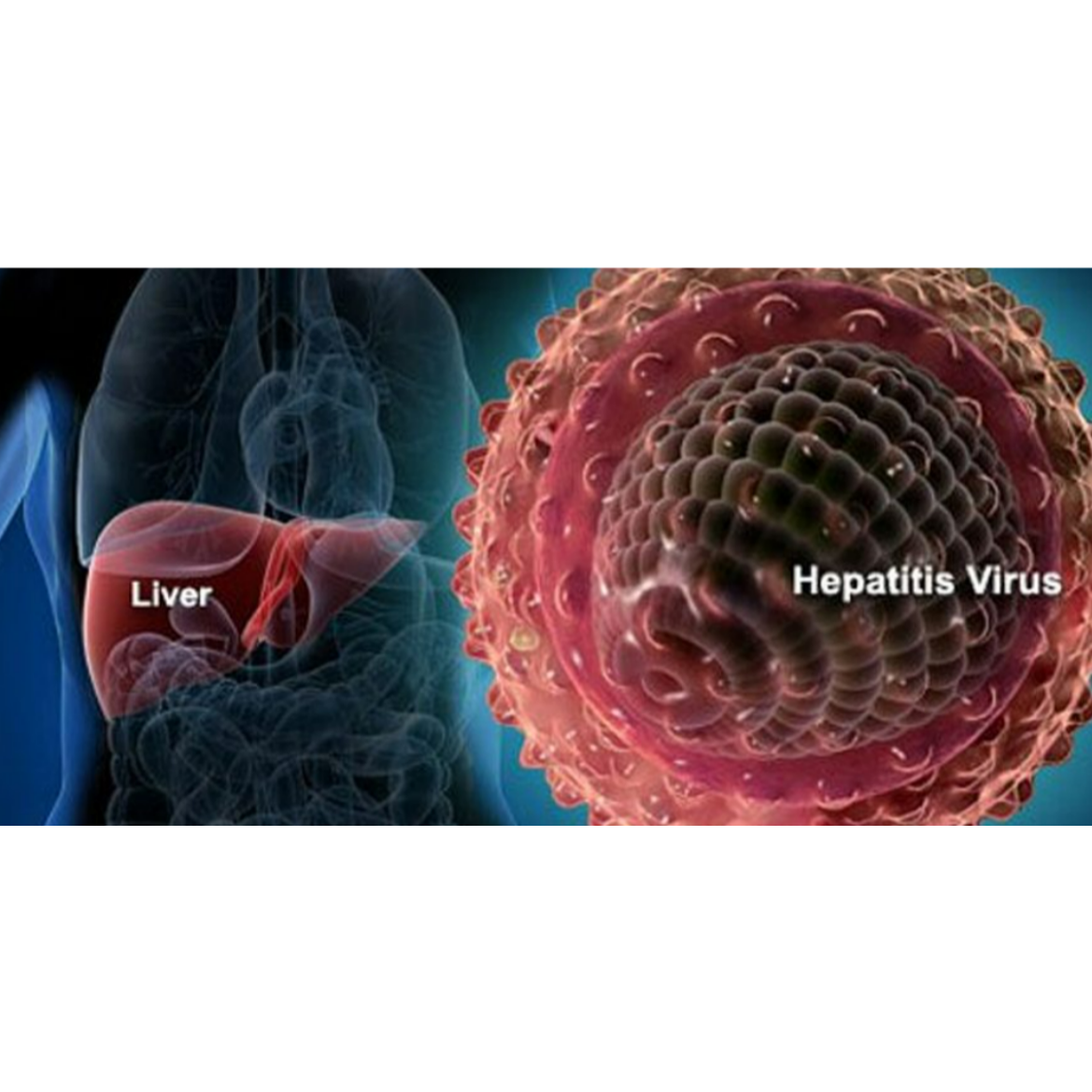+918048030554

This is your website preview.
Currently it only shows your basic business info. Start adding relevant business details such as description, images and products or services to gain your customers attention by using Boost 360 android app / iOS App / web portal.
Hepatitis B – Causes, Symptoms & Treatment Overview Hepatitis B is a viral infection caused by the H...

Hepatitis B – Causes, Symptoms & Treatment Overview Hepatitis B is a viral infection caused by the Hepatitis B virus (HBV), primarily affecting the liver. It can cause both acute (short-term) and chronic (long-term) disease. Chronic infection may lead to serious complications such as liver cirrhosis, liver failure, or hepatocellular carcinoma (liver cancer). HBV is a major global health problem, but it is preventable through vaccination. Causes & Transmission The HBV spreads through contact with infected blood, semen, or other body fluids. Common modes of transmission include: Mother-to-child during childbirth (vertical transmission) Unprotected sexual contact with an infected partner Sharing contaminated needles (e.g., in drug use, tattooing, or piercing) Blood transfusions with unscreened blood (rare in developed settings) Occupational exposure in healthcare workers The virus is not spread by casual contact, food, or water. Signs & Symptoms Many individuals may remain asymptomatic, especially in the acute stage. When symptoms appear, they may include: Fatigue and weakness Loss of appetite Nausea and vomiting Abdominal discomfort (especially in the right upper quadrant) Dark-colored urine and pale stools Jaundice (yellowing of skin and eyes) Joint pain Diagnosis Diagnosis is made through blood tests: HBsAg (Hepatitis B surface antigen) – indicates active infection Anti-HBs – shows immunity HBeAg – reflects viral replication HBV DNA – measures viral load Liver function tests (LFTs) – assess liver damage Treatment Treatment depends on whether the infection is acute or chronic: 1. Acute Hepatitis B Usually self-limiting; the immune system clears the virus within 6 months. Supportive care includes rest, hydration, and nutrition. Avoid alcohol and medications harmful to the liver. 2. Chronic Hepatitis B Requires long-term management to reduce liver damage and prevent complications. Antiviral medications (reduce viral replication and liver inflammation): Tenofovir disoproxil fumarate (TDF) Tenofovir alafenamide (TAF) Entecavir Pegylated interferon-alpha (in selected patients) Regular monitoring: viral load, LFTs, and ultrasound screening for liver cancer. Prevention Vaccination – highly effective; given in 3 doses (at birth, 1 month, and 6 months). Safe sex practices (use of condoms). Avoid sharing needles, razors, or toothbrushes. Screen blood products before transfusion. Pregnant women should be tested; newborns of infected mothers should receive vaccine + HBIG (Hepatitis B Immunoglobulin) within 12 hours of birth. Key Points HBV can be silent but still cause liver damage. Chronic infection increases the risk of liver cancer. Vaccination is the most effective preventive measure. Antiviral therapy helps control but does not cure chronic HBV. Regular monitoring is essential to prevent complications. Conclusion Hepatitis B is a preventable yet potentially life-threatening infection. Early detection, proper treatment, and strict preventive measures can significantly reduce disease burden. Widespread vaccination and awareness remain the cornerstone of HBV control. Consult us today.👇 Contact Us📞 +91 7303055137 Email:care.cure.clinic.2020@gmail.com

